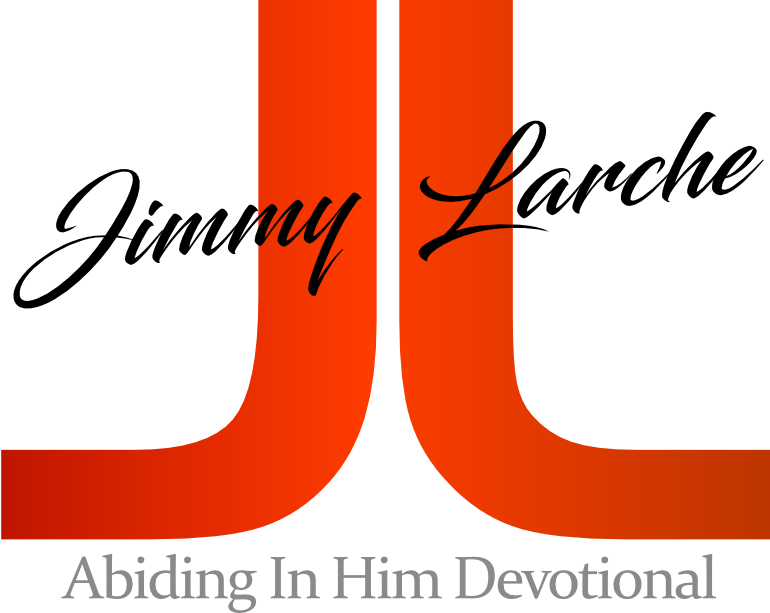Lance Armstrong and Necessary Evils
Text: 2 Samuel 11:1-27, Psalm 51:1-19
“Create in me a clean heart, O God, and renew a right spirit within me.” —Psalm 51:10
Cyclist Lance Armstrong overcame incredible personal adversity to reach the highest levels of success. Then, just as spectacularly, he fell from grace in a public scandal that destroyed not only his reputation, but also the reputations of many others who had devoted themselves to him—in the end, tarnishing the entire sport of professional cycling.
Amidst Armstrong’s “doping” years, he and others involved had rationalized that taking illegal performance enhancing substances was a “necessary evil,” whether it be to stay competitive in a sport where others were doping, to protect sponsors, or to sustain a “benevolence” movement that was giving hope to so many cancer survivors. But once you convince yourself that one evil is necessary, it always breeds a justification for the necessity of other evils to cover up the initial one.
That’s precisely what happened to David after he sought out an adulterous relationship with Bathsheba. Once he discovered that she was pregnant with his baby, he went into full damage control mode rather than repentance mode, in which he attempted to cover up the scandal with a “necessary evil” of manipulating and deceiving Uriah, Bathsheba’s husband. When the manipulation tactic didn’t work, David used his power to engineer another self-protecting necessary evil—a murderous plot to take Uriah’s life, even though Uriah had been as loyal to David as any person could be.
Eventually David’s sin found him out, as it does with all of us. Though forgiveness and restoration in his relationship with God was realized, the terrible consequences of his sin impacted his house for generations.
I believe that every “big” scandal once began with a “little” evil.
I believe that every “big” scandal once began with a “little” evil. Forests of public shame were once tiny seedlings of secret sins. All the human suffering we see in our world today can be traced back to taking a small bite out of a little piece of fruit that God said was off limits. Every addiction can be traced back to one small decision to cross a line. Children don’t dream of growing up to become drug addicts, prostitutes, or inmates. A man doesn’t stand at the wedding altar, thinking, “I will one day betray my spouse.” No, that happens from repeated little glances, hidden fantasies, and slight flirts that all grow up to become big sins.
Maybe there is a sin in your life that once bothered your conscience but has now become acceptable. We don’t get to a place of having a “seared” conscience overnight, it is the result of calculated “little” sins getting rationalized over and over again as we get comfortable with them. We need to recognize the little evils for what they are, confess them, and repent of them before they take us further than we want to go and keep us longer than we want to stay.
Proverbs 28:13 says, “Whoever conceals their sins does not prosper, but the one who confesses and renounces them finds mercy.” David acknowledged his sin in Psalm 51 and sincerely cried out to God for a pure heart. He asked God to restore the pre-scandal joy that once danced in his soul. The whole tone of this psalm is that all persons are sinners and need God’s mercy. The psalm intends to keep the entire congregation from ever presuming on God’s grace. Think about that as you seek to confront the little sins in your life and abide in Him this week.
PRAYER
“Heavenly Father, help me to see sin as You do. Protect me from rationalizing necessary evils or justifying so-called little sins in my life. Help me to see that no sin is little with you, and that my sin nailed Jesus to the cross to absorb your judgment and wrath. Holy Spirit, empower me to live a life of bold integrity in all of my pursuits, with a pure and clean heart. In Jesus’ name, Amen.”
Questions for Personal Reflection or Group Discussion:
- What public scandal has shocked you the most?
- In what ways is sin progressive?
- What can we learn about ourselves from David’s scandal and cover-up crusade? What can we learn about God from Psalm 51? What is the Good News here?
- What little sins, or “necessary evils,” have you grown comfortable with? What are you doing today that bothered your conscience in the past?
- Is there a sin that needs to be confessed? Is there a joy that needs to be restored? Is there an area of vulnerability that needs to be guarded with your integrity?
